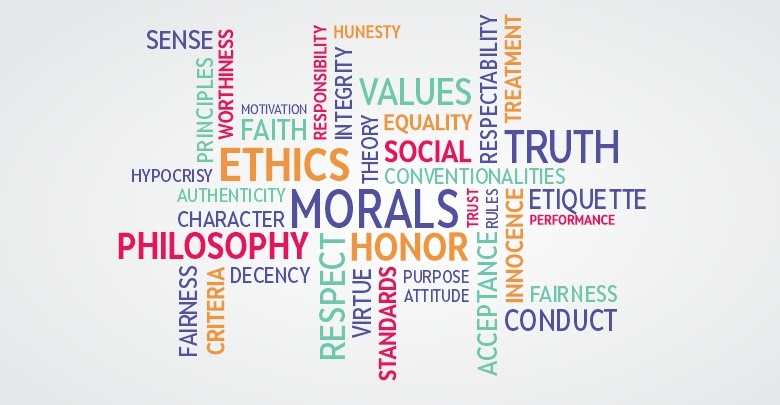Who is the most important person in your life?

Self-reflection and self-evaluation of the values are one of the most important things in life. Self-reflection is like looking into a mirror and describing what you see, but not only outside, also inside. Questioning own beliefs and values enables to question further extended manifestations of values in our everyday life, such as local policies, local government decisions, national policies, and decisions. Self-evaluation is one of the key points of Emotional intelligence as well. We need first to understand ourselves and have a clear picture of what is going on in our bodies and afterward to be able to question any policy. Being self-aware helps to have a clear vision of what do we want to table to discuss further as a policy on a local, national, regional or international level.
“Who is the most important person in your life” is a tool developed through non-formal education. This tool is making aware young learners and trainers about the values and the most important thing in the person’s life. Being self-aware about the values that the person has makes him/her self-confident to bring new solutions and observe critically the society, thus contributing to a better society.
This tool examines the core inner values and beliefs of the person retrospect/shaped by the most important person in our lives. This tool aims to question the learner about the importance of this person in his/her life.
1: Ask yourself:
Who is the most important person in your life? Take time for yourself. Take your most comfortable position. Think about the most important person in your life. Think deeply, who is the person that has influenced your personality? What are the values of this person? Write down the answers. Now, be with the question: Who is the most important person in my life? Being with the question in your head go in front of the mirror. You will find out the answer to the question. Finding out the most important person in your life (YOU), think about the values of the most important person in your paper. Most probably part of these values you have accepted as well.
Working with other learners
Inform the participants that this can be a challenging task for them. Next, ask them to calm and breathe deep.
Ask the participants to think about the most important person in their life? When they will have the answer ask them to write it down on a piece of paper. Next, ask the participants to write down why this person is the most important one in their life.
Now, after all the participants are done and have the answers explain that now they will reveal to themselves. Each person will be blinded and taken in front of the mirror. The person will not know that the mirror is in the room where the trainer will take him/her. The space with the mirror should be quiet and empty. Before entering this room tell to the participant that inside will see the most important person in his/her life. After this give the participants time for self-reflection.
Through this activity, participants will understand that the most important person in life is themselves. This will be a challenging moment for some of the participants, this is quite important to give them enough time for self-reflection after this activity. The trainer should show the availability of each participant if they need a conversation.
After the break create small confident groups. Ask the participants to discuss in the small groups upon the following questions:
- Why this person was the most important in your life? (They should discuss the stated reasons why this person has been the most important in their life. Through this discussion they will analyze and question certain values and characteristics)
- How do they felt in front of the mirror, facing themselves?
- How do they feel at this moment?
Tell them to write down their answers to these questions and the most important learnings from this exercise.
Why did I choose this tool?
I chose this tool because it helps a trainer or a learner to evaluate and reflect on themselves. This tool questions a trainer or a learner about the most essential things. It helps the learner to question the most basic personal beliefs and values and opens new views for critical thinking. The tool empowers the learner further to question “commonly accepted and normal things” The tool encourages the learner to share the practice with the peers and goes a step further to proactive citizenship.
Reflection questions
What are the values of the most important person in your life? (Written down in the paper)
What are the values of the person seen in front of the mirror?
What is the difference between the values of these two persons (your-self and the most important person in your life)?
Exercise:
“I am the most important person in my life” Louise Hay
“We cannot solve our problems with the same thinking we used when we created them” Albert Einstein




